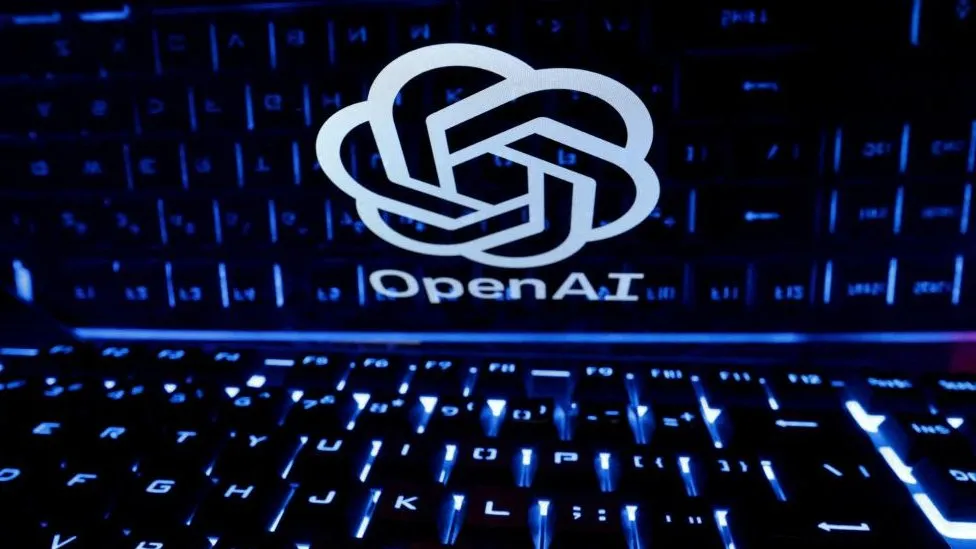OpenAI, in collaboration with Microsoft, has unveiled a significant enhancement to ChatGPT, the AI-powered chatbot. ChatGPT can now browse the internet in real-time, providing users with the most current and up-to-date information. Prior to this update, ChatGPT's knowledge was limited to data available up until September 2021, lacking the capability to fetch real-time information from the web. This new functionality is currently accessible to premium users and is expected to be rolled out to all users in the near future.

The limitation of not being able to provide recent information had been a drawback for users, and this update addresses that concern, allowing for more timely and relevant responses. Users can now pose questions related to current events and receive accurate and updated answers from ChatGPT. Moreover, the chatbot will soon be capable of engaging in voice conversations with users, enhancing its interactive capabilities.
Tomas Chamorro-Premuzic, a professor of business psychology at University College London, emphasized that this update transforms ChatGPT into a real-time source of news and current affairs. Users can now turn to ChatGPT to get the latest updates and insights, reducing the need to consult traditional search engines or news platforms.
However, there are valid concerns regarding the accuracy and reliability of the information ChatGPT provides, especially regarding proper sourcing. Without clear attribution to sources, there's a risk of misinformation or the spread of inaccurate information. OpenAI has faced regulatory scrutiny, particularly from the Federal Trade Commission (FTC), regarding potential risks associated with ChatGPT generating false information.
The decision to enable ChatGPT to access real-time information reflects a careful consideration of factors like the resource-intensive nature of language model development, potential inaccuracies stemming from real-time data, and privacy and ethical concerns, especially concerning copyrighted content.
This update raises critical questions about finding the right balance between expanding AI capabilities and ensuring responsible, accurate, and reliable information dissemination, underscoring the ongoing challenges and dilemmas within the AI sector.
Source: by Antoinette Radford & Zoe Kleinman at BBC